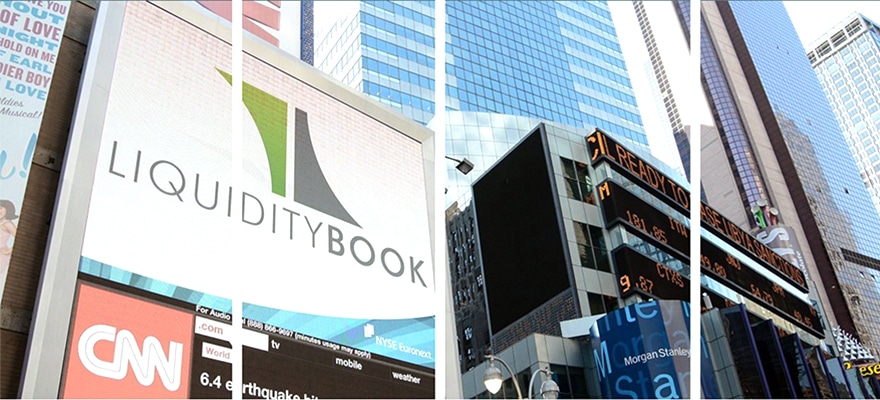LiquidityBook announced today the Dalzell Trading has selected its LBX Outsourced Trader to manage its trade workflow.
offers businesses buy and sell-side trading solutions through its software on a subscription base (referred to as software as a service). Its global, , LBX Outsourced Trader, is an advanced portfolio, order and execution management system (POEMS) with fully integrated FIX connectivity.
Launched in 2018, Dalzell Trading is an outsourced trading firm with trading desks in Boston and Philadelphia. The firm provides US to emerging and established hedge funds.

Source: LinkedIn
According to the statement, the Principal, CEO & Founder of Dalzell Trading, David Dalzell said the firm selected LiquidityBook’s for its flexibility and ease of management: “over the course of my career, both at BlackRock and later while running my own consulting firm, I’ve led or been a part of dozens of OMS reviews.
“LiquidityBook’s platform is one of the best I’ve come across, with its web-based model providing significant cost, management and accessibility advantages.”
“In addition, LiquidityBook’s ability to seamlessly conform to our clients’ workflows – EMS/OMS integration, regulatory and clearing firm reporting needs, et cetera – is a huge benefit for a firm like ours that lacks massive in-house IT resources.”

Source: LinkedIn
Sean Sullivan, LiquidityBook’s Chief Revenue Officer also commented: “Dave is one of the most respected buy side traders in the business; to have the LiquidityBook platform selected by him is a major feather in our cap.”
“Dave and his team have spent their careers working with some of the biggest names in the industry to develop and implement best execution policies and procedures.”
“The ability for managers to tap their expertise on an outsourced basis should be invaluable, as alpha preservation by the trading desk is more vital than ever.”
The rise of outsourced trading
Outsourced trading is not a new phenomenon; it has been around since the early 1990s. Since then, the industry has grown significantly and is being seen as a great way to cut costs.

Source: LinkedIn
The industry has particularly seen a faster increase over the past several years, notes Research Director with Celent’s Capital Markets division, Brad Bailey: “the buy side is operating in an ultra-competitive environment, with regulatory demands and operational pressures increasing.
“As we have seen more and more of the back and middle office outsourced, we are seeing demand for similar services in the front office. This allows firms to focus on their core expertise and partner on everything else.”
“For a variety of manager types, outsourced trading firms allow them to leverage senior trading resources at a much lower cost than hiring in-house.”
“That has led to a significant growth of the outsourced trading sector, but until recently the technology solutions available to these firms – who share elements of both a buy- and sell-side trading desk – were lacking.”
“That gap is narrowing, with web-based solutions being especially appealing given the benefits they provide in terms of cost, management and security.”





Be First to Comment